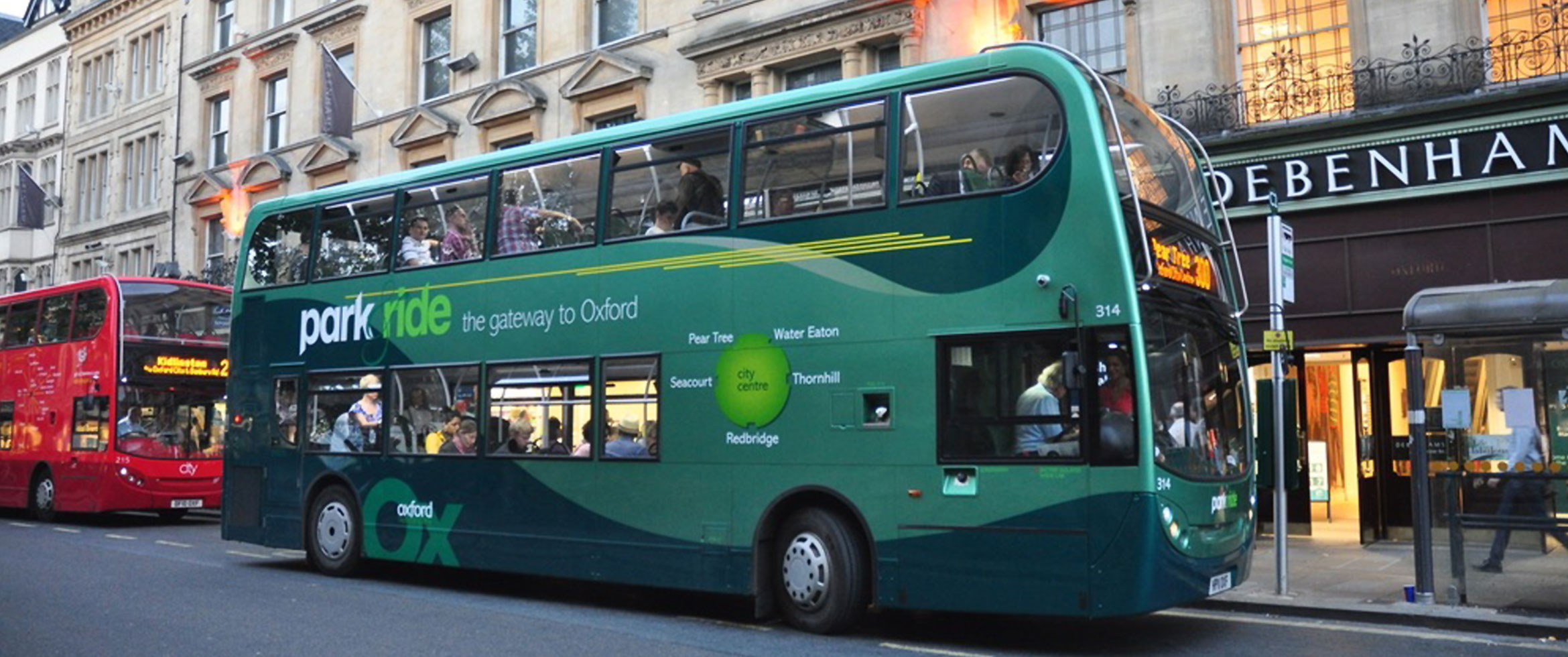Effects of Values, Problem Awareness, and Personal Norm on Willingness to Reduce Personal Car Use
Nordlund, A., & Garvill, J. (2003). Effects of values, problem awareness, and personal norm on willingness to reduce personal car use. Journal of Environmental Psychology, 23(4), 339-347.
Travel Mode Choice of Women: The Result of Limitation, Ecological Norm, or Weak Habit?
Matthies, E., Kuhn, S., & Klöckner, C. (2002). Travel mode choice of women: The result of limitation, ecological norm, or weak habit?. Environment and Behavior, 34(2), 163-177. doi:10.1177/0013916502034002001.
How Habits Interfere with Norm-Directed Behaviour: A Normative Decision-Making Model for Travel Mode Choice
Klöckner, C., & Matthies, E. (2004). How habits interfere with norm-directed behaviour: A normative decision-making model for travel mode choice. Journal of Environmental Psychology, 24(3), 319-327. doi:10.1016/j.jenvp.2004.08.004.
Car Use of Young Adults: The Role of Travel Socialization
Haustein, S., Klöckner, C., & Blöbaum, A. (2009). Car use of young adults: The role of travel socialization. Transportation Research Part F: Traffic Psychology and Behaviour, 12(2), 168-178. doi:10.1016/j.trf.2008.10.003.
To What Degree are Environmentally Beneficial Choices Reflective of a General Conservation Stance?
Thogersen, J., & Ölander, F. (2006). To What Degree are Environmentally Beneficial Choices Reflective of a General Conservation Stance?. Environment and Behavior, 38(4), 550-569.
Acceptability of Travel Demand Management Measures: The Importance of Problem Awareness, Personal Norm, Freedom, and Fairness
Eriksson, L., Garvill, J., & Nordlund, A. (2006). Acceptability of travel demand management measures: The importance of problem awareness, personal norm, freedom, and fairness. Journal of Environmental Psychology, 26(1), 15-26. doi:10.1016/j.jenvp.2006.05.003.
Extending the Theory of Planned Behavior: Predicting the Use of Public Transportation
Heath, Y., & Gifford, R. (2002). Extending the theory of planned behavior: Predicting the use of public transportation. Journal of Applied Social Psychology, 32(10), 2154-2185. doi:10.1111/j.1559-1816.2002.tb02068.x.
Smarter Choices: Assessing the Potential to Achieve Traffic Reduction Using 'Soft Measures'
Cairns, S., Sloman, L., Newson, C., Anable, J., Kirkbride, A., Goodwin, P. (2008). Smarter choices: Assessing the potential to achieve traffic reduction using 'Soft measures'. Transport Reviews, 28(5), 593-618.
Promoting Public Transit in Urban Areas with Incentives and Commitment
Bachman, W. , & Katzev, R. (1982). The effects of non-contingent free bus tickets and personal commitment on urban bus ridership. Transportation Research, 16A, 2, 103-108.



